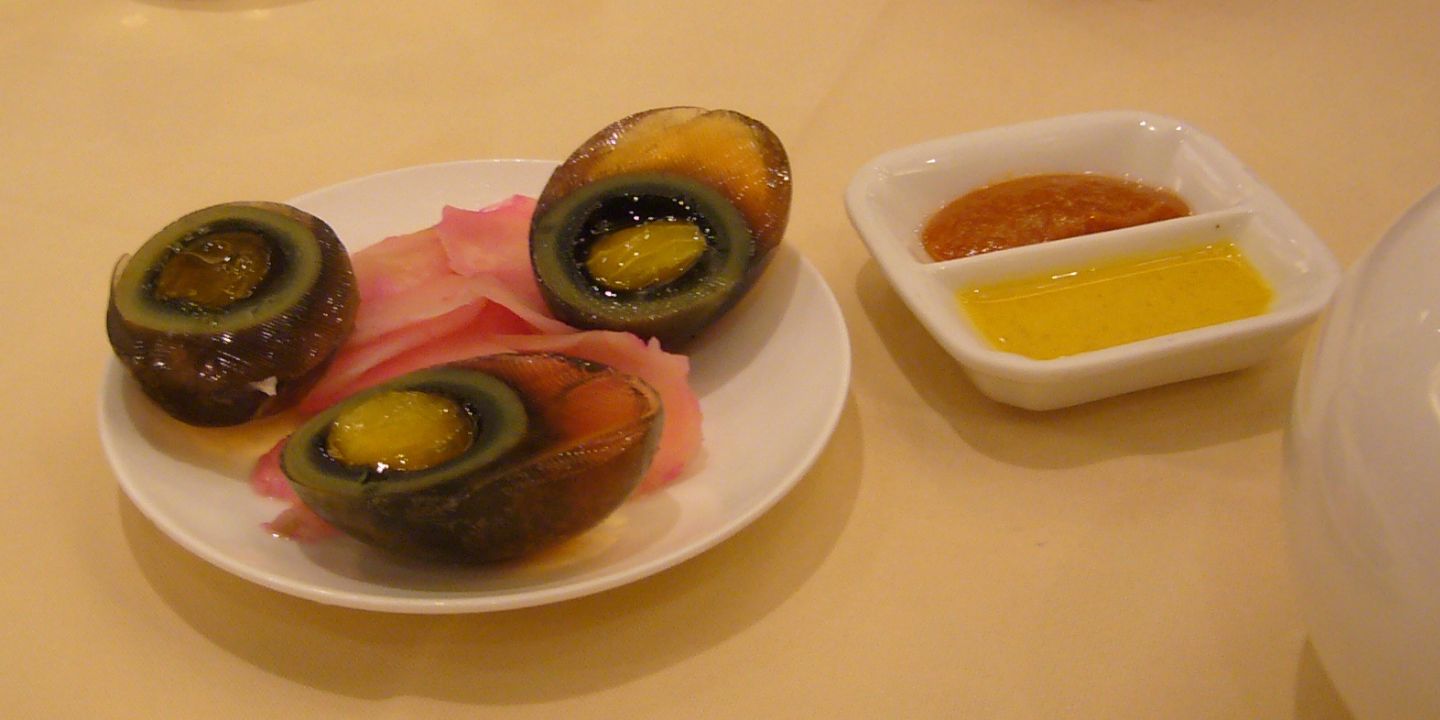Did you know vegetarianism has more than just a single route? It contains a broad spectrum of choices that can cater to varied preferences, beliefs, and health concerns. As people across the globe continue to take strides toward healthier lifestyles and environmental consciousness, many have started to explore the different shades of vegetarianism that align with their personal goals. Although they are all different, each type of vegetarian diet shares one commonality: a conscious decision to eliminate certain animal-based products. So let’s explore the different characteristics that set apart these four distinct types of vegetarianism: lacto-vegetarianism, ovo-vegetarianism, lacto-ovo vegetarianism, and veganism.
1. Lacto-Vegetarian Diet
The lacto-vegetarian diet is a version of vegetarianism where individuals abstain from eating meat, fish, and eggs, but continue to consume dairy products. This choice is usually motivated by ethics, health, religious beliefs, or environmental concerns.
One of the significant benefits that comes with adopting this diet is that dairy products like milk, cheese, and yogurt, all provide an excellent source of protein, calcium, and vitamin D. These nutrients are essential for strong bones, muscle function, and keeping you healthy overall. However, it’s absolutely vital for lacto-vegetarians to source diverse foods, including plenty of fruits, vegetables, and whole grains so they can ensure they are receiving other important nutrients that are often found in meat, like iron and vitamin B12.
 Photo by Brooke Lark on Unsplash
Photo by Brooke Lark on Unsplash
2. Ovo-Vegetarian Diet
Ovo-vegetarians exclude meat, seafood, and dairy products from their diet, but they continue to consume only eggs. This type of diet provides an alternative protein source and essential nutrients that might be harder to find in a purely plant-based diet, including vitamin B12 and Omega-3 fatty acids.
Thanks to the inclusion of eggs, it gives ovo-vegetarians some versatility in their diet and can help enrich many recipes. But still, like any vegetarian diet, it’s essential that they include other sources of food like whole grains, vegetables, legumes, and fruits so they can still get a balance of nutrients to maintain optimal health.
 Photo by Toa Heftiba on Unsplash
Photo by Toa Heftiba on Unsplash
3. Lacto-Ovo Vegetarian Diet
Also known as the most common form of vegetarianism, lacto-ovo vegetarians consume both dairy products and eggs but exclude all forms of meat and seafood. This diet combines the benefits of both lacto- and ovo-vegetarianism, offering those who choose this lifestyle the most extensive range of food options.
This diet’s inclusivity makes it a popular choice for those transitioning to vegetarianism or those looking to balance their nutritional needs more conveniently. While it’s easier to obtain a balanced set of nutrients with this diet, it’s still essential to obtain a diverse range of plant-based foods to ensure optimal nutrient intake.
 Photo by Ella Olsson on Unsplash
Photo by Ella Olsson on Unsplash
4. Vegan Diet
Veganism represents the most extreme form of vegetarianism as they exclude ALL animal-derived products from their diet. This includes dairy, eggs, and honey, alongside the usual meat and seafood. This lifestyle is typically driven by ethical concerns for animal rights, environmental conservation, and health considerations.
Vegans need to rely on a diet rich in fruits, vegetables, grains, nuts, and legumes to meet their nutritional needs. Though these foods provide lots of fiber, antioxidants, and essential vitamins and minerals, it can be challenging for vegans to find sufficient amounts of nutrients typically found in animal products. Therefore, adopting this lifestyle will require lots of careful meal planning, fortified foods, and additional supplements.
 Photo by Anna Pelzer on Unsplash
Photo by Anna Pelzer on Unsplash
If you’re planning on transitioning to any of these diets listed above, be sure to do careful research and make the change slowly and thoughtfully. Consider the nutritional needs your body requires and it might even be a good idea to consult a healthcare professional or dietician first. Don’t be afraid though, embracing a vegetarian lifestyle can be a very rewarding journey to health, compassion, and sustainability. Choose the path that suits you best and start exploring the vast world of plant-based foods and recipes!







